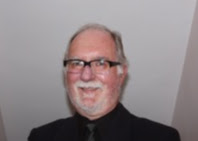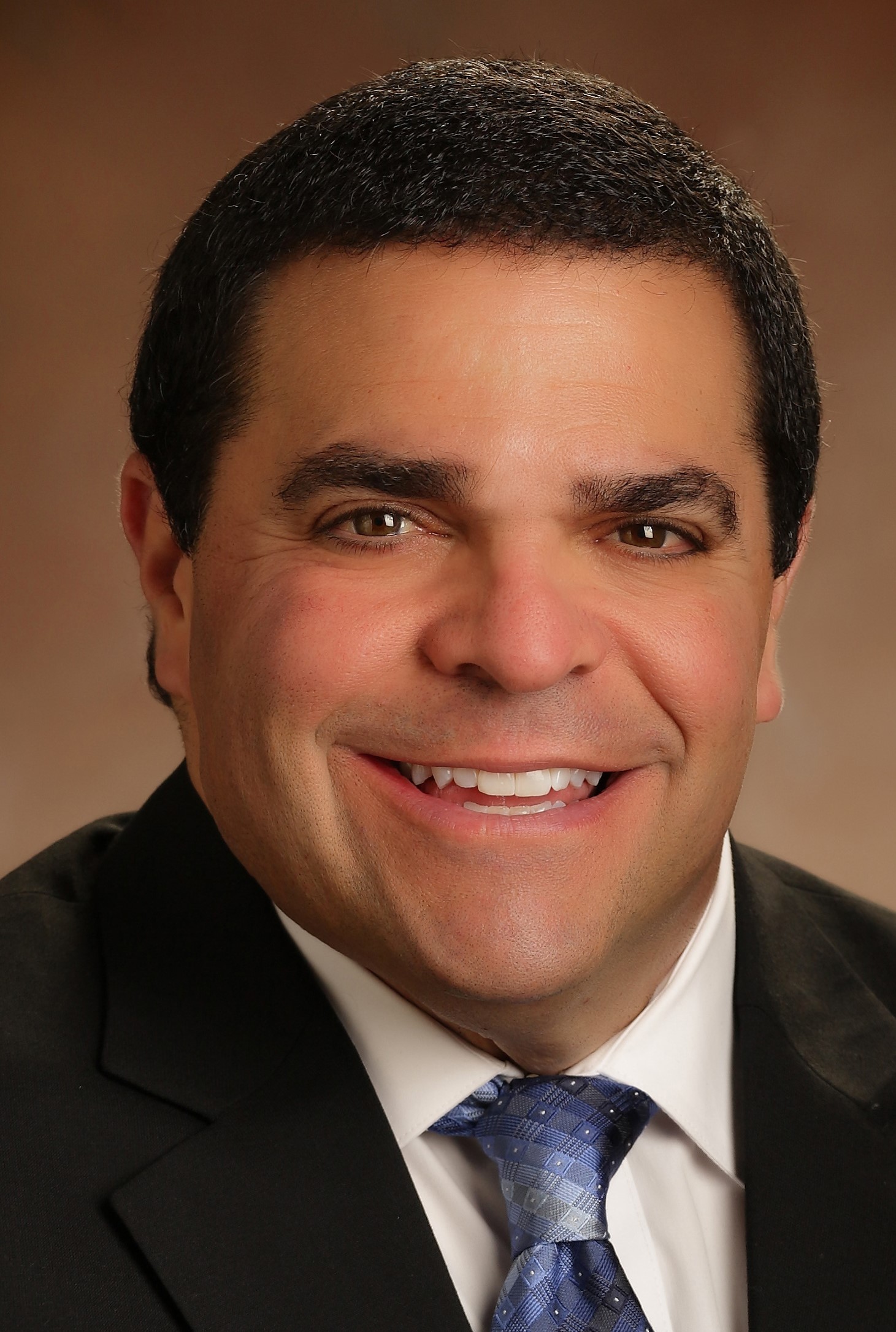William Hornsby recalls a wild television commercial featuring the late Ken Hur, a Wisconsin lawyer, in the years following the 1977 U.S. Supreme Court ruling that allowed lawyer advertising.
“He was notorious,’’ said Hornsby, a Chicago area lawyer who advises law firms on how to advertise within the confines of their varied state bar rules. “The commercial had Swan Lake playing in the background, and Ken comes out of the water, and also an attractive young lady that Ken pulls by the hair, an attractive young woman draped in jewelry. And he says, ‘Are you in over your head? We can help with bankruptcy.’ ’’

Actually, Hur’s commercial was a parody of a Madison jewelry store ad showing a woman emerging from a lake dripping in jewels, Hornsby said he was told. “So it was more clever than it is on its face.’’
Hornsby, who spent 29 years as a staff counsel for the American Bar Association, notes that 40 years later the debate continues to some degree between those who feel advertising hurts the profession’s image and those who say it allows middle class and poor people – who may not know a lawyer or what it costs to hire one – access to legal service.
In a 1995 Arizona State Law Journal article, he traced the evolution of the anti-advertising professionals’ position to the notion, expressed in 1953 by legal scholar and former Harvard Law School dean Roscoe Pound, that while lawyers may be compensated, that can’t be the motivation for serving the client. The motivation has to be public service.
RELATED: Golf injuries are big business for lawyers
RELATED: Legal services unaffordable? New model seeks a change.
This was taken to hilarious extreme in the British court system of yore. Hornsby quoted Sam Dash, Georgetown University law professor and Senate Watergate Committee counsel, telling an ABA committee how English barristers of yesteryear had pockets in the back of their robes for solicitors to stuff with money. They made a charade of doing it surreptitiously, “because the barrister, being the lawyer, being a gentleman, is not supposed know about the fact that he is being paid or the amount of the pay.’’
Though lawyers advertised in the 19th century – Abraham Lincoln’s firm promised in a newspaper ad to serve clients with “promptness and fidelity’’ – the practice was prohibited in 1908 when the American Bar Association proposed the ban and the state bars and supreme courts put it into effect.
More than six decades later, two young lawyers, John Bates and Van O’Steen, placed an ad in the Arizona Republic listing prices for simple divorce, bankruptcy and other services at their Phoenix legal clinic, which served low-income people. Thus they violated the rules of conduct of the Arizona State Bar, which they challenged all the way to the nation’s highest court.
In June, 1977, in a 5-4 decision, the U.S. Supreme Court sided with Bates and O’Steen, ruling that the advertising ban violated their First and 14th Amendment rights. “It passed by the skin of its teeth,’’ Hornsby said.
“Advertising, the traditional mechanism in a free market economy for a supplier to inform a potential purchaser of the availability and terms of exchange, may well benefit the administration of justice,’’ wrote Justice Harry Blackmun, delivering the majority opinion.
“It is entirely possible that advertising will serve to reduce, not advance, the cost of legal services to the consumer,’’ he continued, “and may well aid new attorneys in entering the market.’’
Chief Justice Warren Burger, an ardent member of the dissenters, spoke out against the practice for the rest of his life. Hornsby quoted his warning: “Never, never, never engage the services of a lawyer who finds it necessary to advertise in order to get clients.’’
Personal injury lawyer Darryl Isaacs, who calls himself “The Hammer’’ in television commercials that run in Kentucky, Indiana and Ohio, said he believes lawyer advertising has become more acceptable in the intervening years and especially among the new generation of lawyers, who get the word out through social media.
Isaacs started advertising about 20 years ago and found it very effective.

“I truly believe in it. I mean, I went round and round before doing that, but I kept going back to Abraham Lincoln’s advertisement. He was one of my heroes,’’ he said.
In one of his commercials, cats run amok on the set as Isaacs addresses the camera: “If you’re in a wreck, dealing with the insurance company on your own can be like trying to herd cats. That’s why you need to call me, attorney Darryl Isaacs, the Hammer … We’ve recovered over a billion dollars for our clients.’’ (https://www.youtube.com/watch?v=nq7T1NRNkJ0)
Noting that the bar associations in the three states “have gotten pretty strict,’’ Isaacs said his guide to keeping within the rules is to make sure he can prove the claims he makes.
“I tell everybody this, I even tell my kids that aren’t lawyers: I don’t care what profession you’re in, everybody’s got to market themselves. You want to get a new job, you want to get a new spouse, you want to get into grad school, med school, you’ve got to continually represent to the people out there, to tell them why they need to hire you, you know, bring you in.’’
Isaacs thinks that, overall, advertising has been better for the profession and the public. He notes that some lawyers might take only million-dollar cases, while his law firm might take a case that’s worth $5,000. “And I think some people who wouldn’t have access to some attorneys, you can let them know we’ll take their case whether it’s $5,000 or $5 million. So I think there’s a benefit to it.’’
Within six weeks of the Supreme Court striking the ban on advertising, the ABA had come up with restrictions that it placed in its Model Code of Professional Responsibility for state bars to adopt.
“In policy-making time, it’s like the speed of light,’’ Hornsby said. It was a “laundry list’’ of things lawyers could do, along with prohibitions.
That was simplified in 1983, when the ABA dropped the old Model Code of Professional Responsibility and adopted Model Rules of Professional Conduct. Though the rules have been refined over the years, the last time in 2018, the key restriction remains Model Rule 7.1, which prohibits lawyers from making false or misleading statements in advertisements.
“It’s pretty clear that the rules are fundamentally prophylactic,’’ Hornsby said. “They’re designed to dissuade lawyers from violating them but they are not enforced with the frequency that other rules might be enforced.’’
Hornsby said four states – Florida, Texas, Louisiana and Nevada – have dealt with the issue from the front end, requiring that ads be submitted to the bar for review in advance of being released.
Florida allows lawyers who direct ads to the public – television, radio, billboards, print – to skip the Florida Bar review as long as they don’t go beyond the very limited information allowed in the bar rules. The rules allow such mundane communication as the lawyer’s years of experience, certifications and specialty.
The Florida rule requiring a prior review by the bar was adopted in 1991, said Elizabeth Clark Tarbert, ethics counsel for the Florida Bar, but it allowed the ads to be submitted before or at the time of the first use. The bar has 15 days to review them.
“By that time, the advertising cycle was over,’’ she noted.
So in 2006 the rule was changed to require that television and radio ads be submitted 15 days before they were to run. It was amended in 2013 to require that all non-exempt advertisements be submitted for review 20 days in advance.
All unsolicited direct mail, including email, texts and other communications, still must be submitted for prior review in Florida. Tarbert notes that those ads aren’t seen by anyone but the recipient. If a billboard or TV ad is misleading, the Florida Bar is more likely to find out about it.
The majority of complaints against lawyer advertising comes from other lawyers, Hornsby said, going by what he hears from various state ethics counsels.
It’s questionable how much the public cares about lawyer advertising, he said.
While serving as staff counsel for the ABA Commission on Advertising in the 1990s, Hornsby took part in a research project to determine whether lawyer advertising sullied the profession’s image in the eyes of laypeople. “The issue of dignity and professionalism was a very hot issue at that time, and continues to be so in certain spots.’’
He worked with social scientists to check the reactions of mall shoppers who were recruited to view three different television commercials by lawyers. They first answered written questions to establish their general impression of lawyers. Then they were asked to view an over-the-top commercial, a la Ken Hur; a professionally done, straightforward commercial; and one that fell in between.
The people answered questions again after viewing them so researchers could determine whether the commercials changed their impression of lawyers. The straightforward commercial enhanced their perception of lawyers, Hornsby said. Even the middle one enhanced the image, though to a lesser degree. As for the over-the-top ad, “we discerned that they thought less of those lawyers who advertise, but they had no change of opinion about lawyers in general.
“We were never able to identify that lawyer advertising had a detrimental impact on the public’s perception of lawyers as a whole,’’ he noted.
“What we learned from other marketing scholars was that people think less of lawyers because of their interactions with lawyers, not because of the information from advertising.’’
They may not even be paying much attention to advertising.
“I don’t know if you watch daytime TV,’’ Hornsby said. “What you see is constant (lawyer) commercials. What I’ve been told by lawyers who advertise on television is, people don’t pay any attention to those commercials unless and until they need a lawyer, and then they’ll jump on the first thing they see.’’












